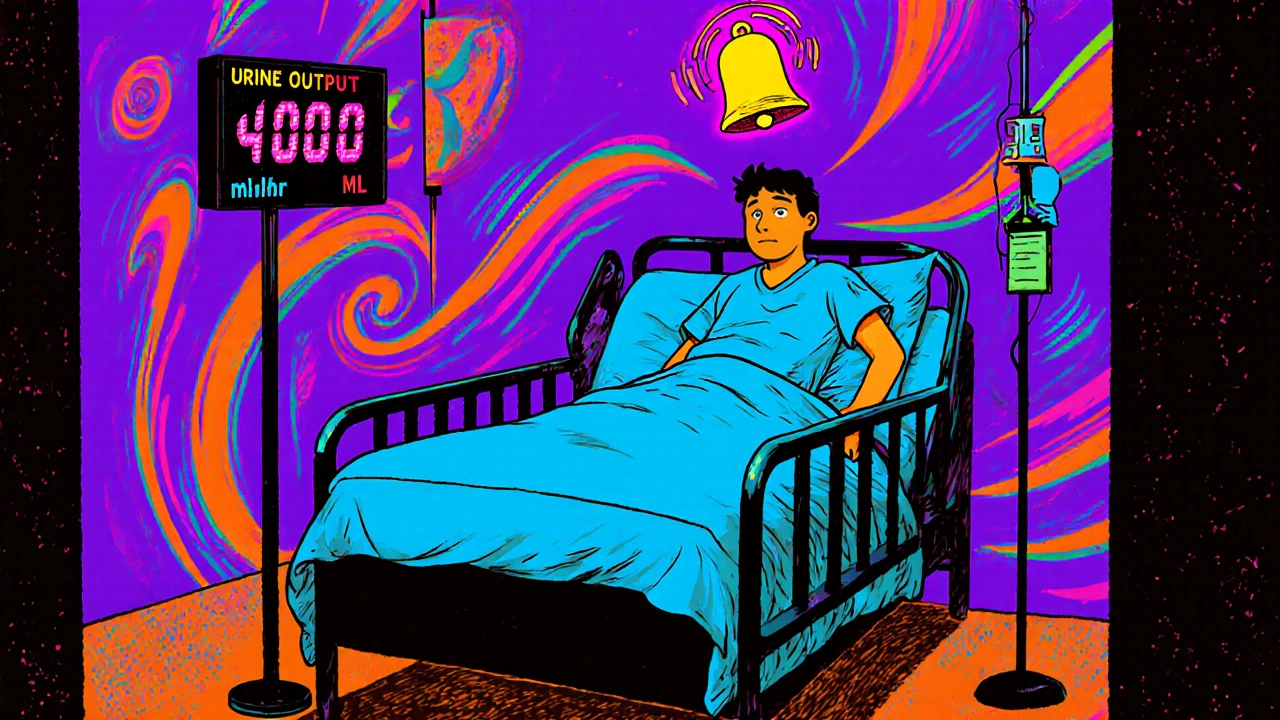Case Study: Real-World Insights on Medications, Dosages, and Health Outcomes
When you read a case study, a detailed report on how a medication or treatment performed in a real person or group, often used to guide clinical decisions. Also known as clinical case report, it cuts through the noise of general advice and shows what actually happens when someone takes a drug—side effects, dosing quirks, lifestyle changes, and long-term results. Most drug ads and website lists tell you what a pill should do. A real case study tells you what it did do—for someone just like you.
Take Orlistat, a fat-blocking weight loss drug that works in the gut, not the brain. Also known as Trim Z, it’s in dozens of case studies showing people lose weight—but only if they cut fat in their diet. Without that change, the pill just causes oily leaks and frustration. Same with Dapoxetine, a short-acting SSRI used for premature ejaculation that also reduces performance anxiety. Case studies reveal it doesn’t magically fix confidence—it gives people a window to practice, and that’s where real progress happens. Then there’s Therapeutic Use Exemption, a formal process allowing athletes to use banned medications for legitimate medical reasons. Case studies here show how athletes navigate paperwork, avoid false positives, and stay clean without sacrificing health. These aren’t abstract theories. They’re real stories from real people who had to make choices under pressure.
What you’ll find in this collection isn’t just a list of drugs. It’s a set of case studies that answer the questions no drug label will: How does this really work in daily life? Who benefits? Who doesn’t? What’s the hidden cost? You’ll see side-by-side comparisons of Bactrim vs. other antibiotics, Allopurinol vs. febuxostat for gout, and Claritin vs. Zyrtec for allergies—all based on how people actually used them, not just lab results. You’ll find dosage guides for domperidone in pets, carbimazole for thyroid issues, and flavoxate for bladder control, all written for people who need to make smart choices fast. There’s even a case study on how technology like CGMs changed diabetes management for one person, turning data into daily control.
This isn’t about guessing what might work. It’s about seeing what did work—for others, in real situations. Whether you’re managing your own health, helping a pet, or just trying to understand why a medication failed for someone you know, these case studies give you the details that matter. No fluff. No marketing. Just what happened, why, and what to do next.
Desmopressin in Post‑operative Diabetes Insipidus: Case Study & Management Guide
Learn how desmopressin treats postoperative diabetes insipidus through a real case, dosing options, safety monitoring, and practical nursing steps.






